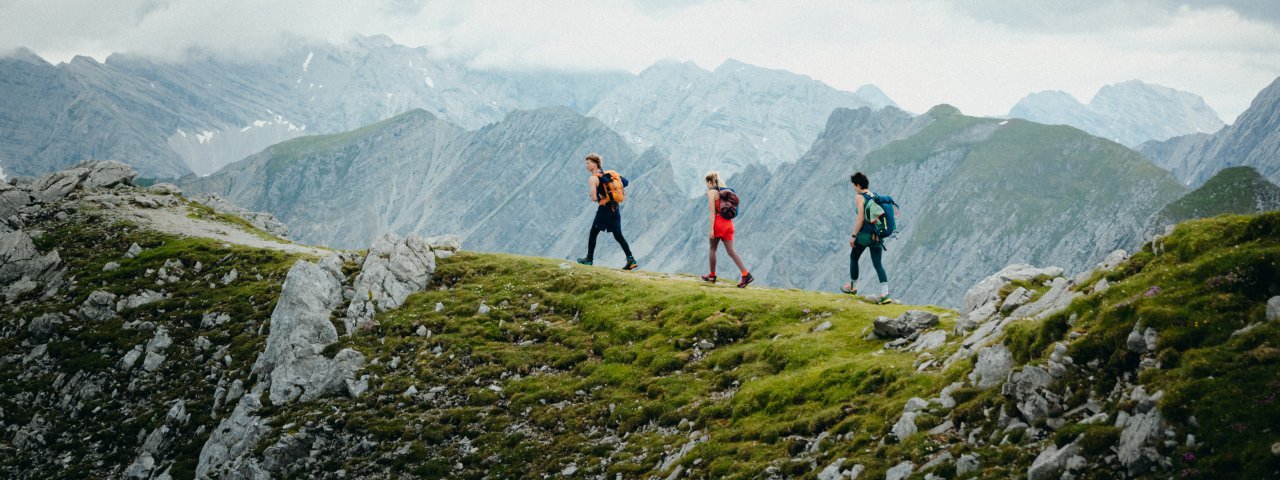
Duurzaam reizen
Travel. Enjoy. Respect.
At Wild Trails, we believe that adventure and sustainability go hand in hand.
Every trail we organize in Georgia is carefully designed to not only provide unforgettable experiences but also to make a positive contribution to the environment and local communities.
Local Partnerships
Each adventure we offer is led by local guides who are not only experts in their regions but also actively contribute to their communities. We consciously choose small, local businesses for all services, from transportation to accommodations, to maximize the economic benefits of tourism. In the future, we plan to donate a percentage of our revenues to Georgian charities.
Environmentally Conscious
We strictly adhere to "leave nothing but footprints" principles on all our trails. This means everything we bring into nature, we take back with us. We encourage our travelers to use sustainable products and reduce plastic waste by, for example, using reusable water bottles. In the future, we aim to offset the carbon footprint of our trails.
Mindful Travel
Our trails are more than just a way to get from point A to B—they are experiences that forge deep connections between our travelers, nature, and the local community. We strive to make each trail a journey filled with respect and meaningful connections.
Green Tips for Sustainable Trips
What can you do to travel sustainably?
-
Be mindful of your water usage. Take short showers and turn off the tap while brushing your teeth.
-
Participate in local efforts to clean hiking trails or natural areas. This helps the environment and strengthens bonds with the community.
-
Enrich your experience by learning about Georgian culture and traditions through organized cultural evenings, workshops, or conversations with locals. Follow cultural etiquette.
-
Bring reusable water bottles and avoid single-use plastics.
-
Consider offsetting your carbon emissions for each trip. Many organizations offer programs to compensate for emissions from flights, car rentals, or other travel-related activities by investing in sustainable energy projects or reforestation. This not only helps reduce your environmental impact but also supports the development of green technologies and ecosystem preservation worldwide.
-
Whenever possible, rely on natural, renewable resources for fuel, shelter, and food. For example, use fallen branches for fires instead of damaging live trees.
-
When exploring nature, it’s important to respect wildlife to ensure both their safety and yours. Here are some key guidelines to follow:
Keep Your Distance: Always observe animals from a safe distance. Avoid approaching, feeding, or disturbing them, as this can stress the animals and alter their natural behaviors.
Don’t Feed Wildlife: Feeding wild animals can harm their health, make them dependent on humans, and disrupt their natural foraging habits.
Stay on Designated Trails: Stick to marked paths to minimize your impact on animal habitats and reduce the risk of accidental encounters.
Be Quiet and Observant: Loud noises can scare animals or disrupt their environment. Enjoy observing them calmly and quietly.
Dispose of Waste Properly: Ensure all trash is packed out to protect animals from ingesting harmful materials.
Use Binoculars or a Camera: To observe wildlife closely, use tools like binoculars or zoom lenses rather than getting physically closer.
By following these guidelines, you contribute to the preservation of natural ecosystems and ensure that your wildlife encounters are safe and respectful for everyone involved.
-
For shorter distances within Georgia, opt for walking, cycling, or public transport instead of private car rentals to reduce your carbon footprint.
-
Slow travel reduces your ecological footprint and allows you to immerse yourself more deeply in the experience. Discover local treasures, have meaningful conversations, and leave the rush behind.
-
Spending more time in one place reduces emissions and deepens your connection with the destination.
-
Choose eco-friendly hotels or guesthouses that support sustainable practices. Save electricity by turning off lights and electronics when not in use.
-
Buy locally made souvenirs and eat meals prepared with seasonal, local ingredients. This not only supports the local economy but also reduces the environmental impact of imported goods.
-
Invest in high-quality, sustainably produced clothing and gear for your travels. Brands like Patagonia focus on environmental consciousness by using recycled materials and ethical production practices. By choosing sustainable products, you reduce environmental impact and support companies working towards a greener future.
-
If you need to relieve yourself in the wilderness, it’s important to minimize your impact on nature. Here’s how to do it responsibly:
Preparation: Bring a small trowel, biodegradable toilet paper, and a lighter.
Dig a Hole: Choose a spot at least 60 meters away from water sources, trails, or campsites. Dig a hole about 15–20 cm deep.
Do Your Business: Use the hole for your waste.
Dispose Responsibly: Use biodegradable toilet paper.
Burn the Paper: Carefully light the toilet paper with a lighter and ensure it burns completely in the hole to minimize waste.
Bury Everything: Cover the waste and ash with the dug-up soil. This aids decomposition and minimizes odors.
Hygiene: Always clean your hands thoroughly with water and soap or hand sanitizer afterward.
